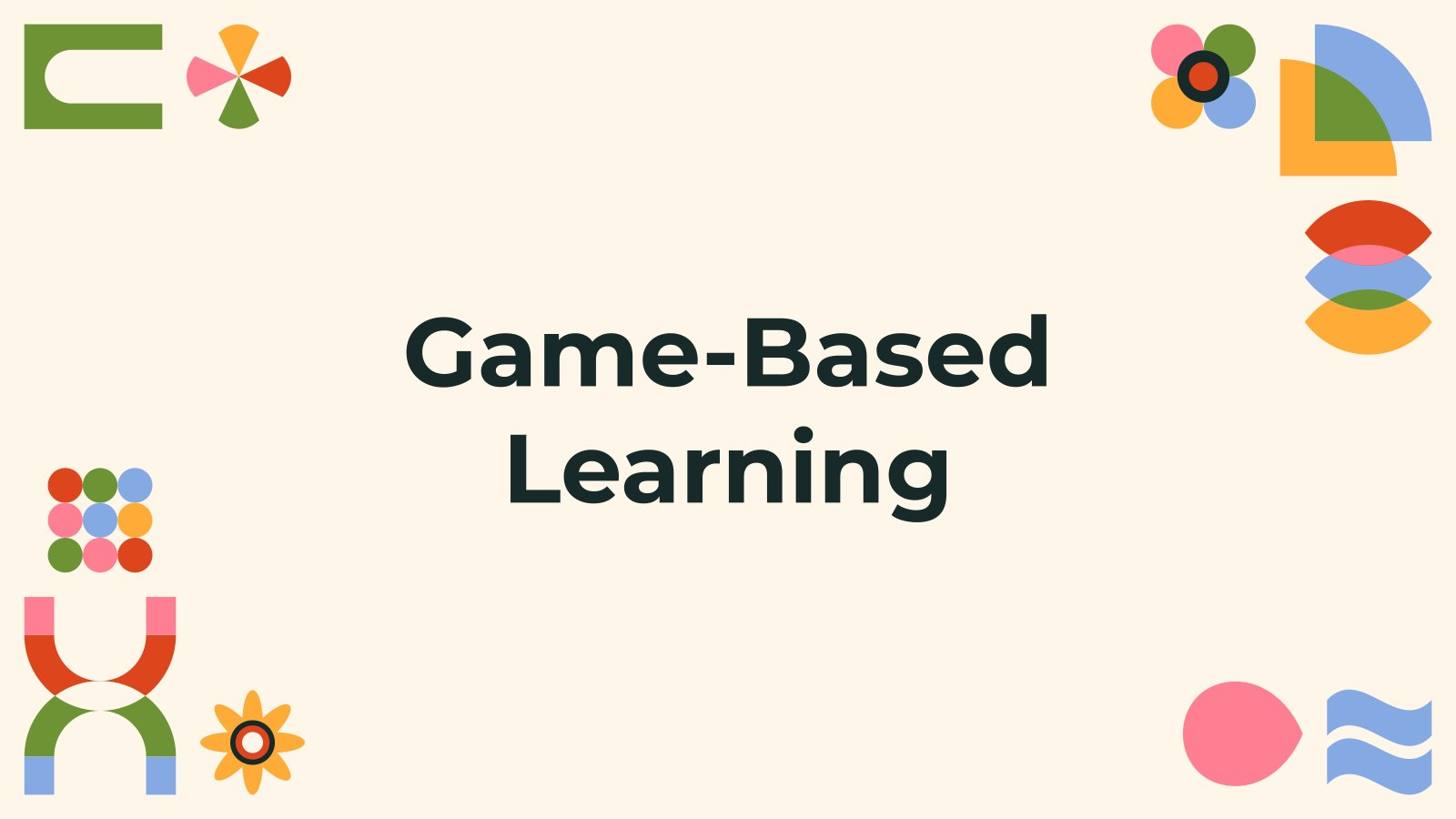Importance of game-based learning for kindergarten students

Educating children from a young age requires adoption of proper techniques to make learning more memorable and easier. Game-based learning can completely change the way kindergarten students are taught, allowing both educators and students to improve their learning process. Offering an open and fun-filled learning environment, game-based learning can prove to be an immersive learning solution that can offer extensive benefits. The following points enumerate how adoption of digital game based learning solutions can prove beneficial for kindergarten students:
1. Better engagement:
Kindergarten students, due to their young age, get easily distracted. With their short attention span, adoption of game-based learning solutions can help make learning interactive and more engaging. They can learn a concept more easily and even participate in the learning process with greater skill and efficiency. With active involvement in games like puzzles, number songs, etc, kindergarten students can be taught important concepts, ensure better retention, and get enhanced engagement.
2. Build creativity:
Game-based learning, being a new concept for kids, can build curiosity in their minds. With the new games introduced, kids can get a boost to their creativity and curiosity level, which may not be possible through traditional learning methods. Different types of games can deliver different benefits. Like building blocks can improve thinking and imaginative skills and digital puzzles can improve cognitive skills. Kids learn the ways to build their creative level, essential to enhance their impressionable minds.
3. Social and emotional development:
Multiplayer digital games and puzzles motivate kids to participate and work like a team. They learn the importance of team building, which in turn improves their social prowess. They even learn to communicate with fellow students and express their deeply embedded emotions, which could not be possible otherwise. The game-based activities help build their emotional and social skills, which are important for their future life.
4. Enhanced coordination:
Digital interactive games like solving puzzles, building blocks, arranging objects, etc, can help build and improve coordination and motor skills of kindergarten students. They feel motivated to use their hands, eyes, ears, and other sensory skills to solve different games and puzzles. This, in turn, improves their coordination skills, which are essential for their overall physical strength and abilities.
5. Build academic skills:
Interactive game based learning for kindergarten can even help build essential academic skills of young students. Catering to individual abilities, kids can take games that match their liking. For example, Alphabet games and counting songs help students get a grasp of the essential concepts of different subjects like mathematics, science, language studies, etc. This, in turn, builds their foundational academic abilities.
Conclusion:
Game-based learning can deliver extensive benefits for kindergarten students who are still in the early phase of learning. Offering better retention and engagement, digital game-based learning improves the learning experience of the students. Moreover, they feel motivated to take up new games to attain more skills and education that traditional methods of classroom learning cannot deliver effectively. Games-based learning modules, known for their customisation, can be easily scaled up according to the needs of the students, making it an effective method of gaining essential life skills and education.





